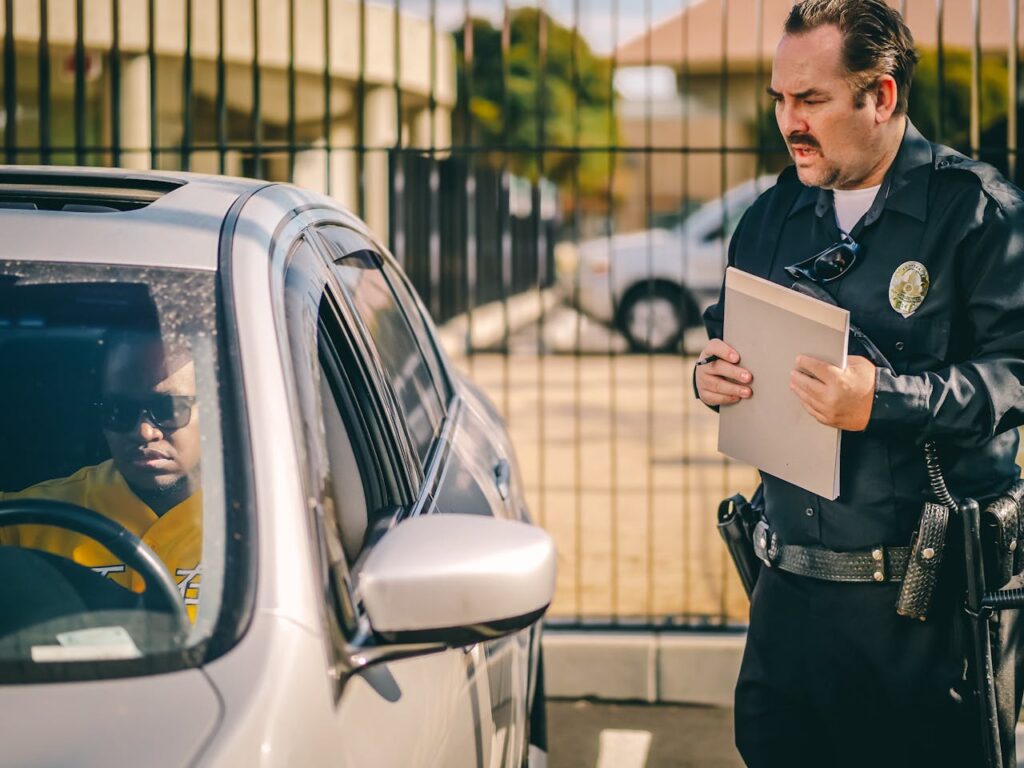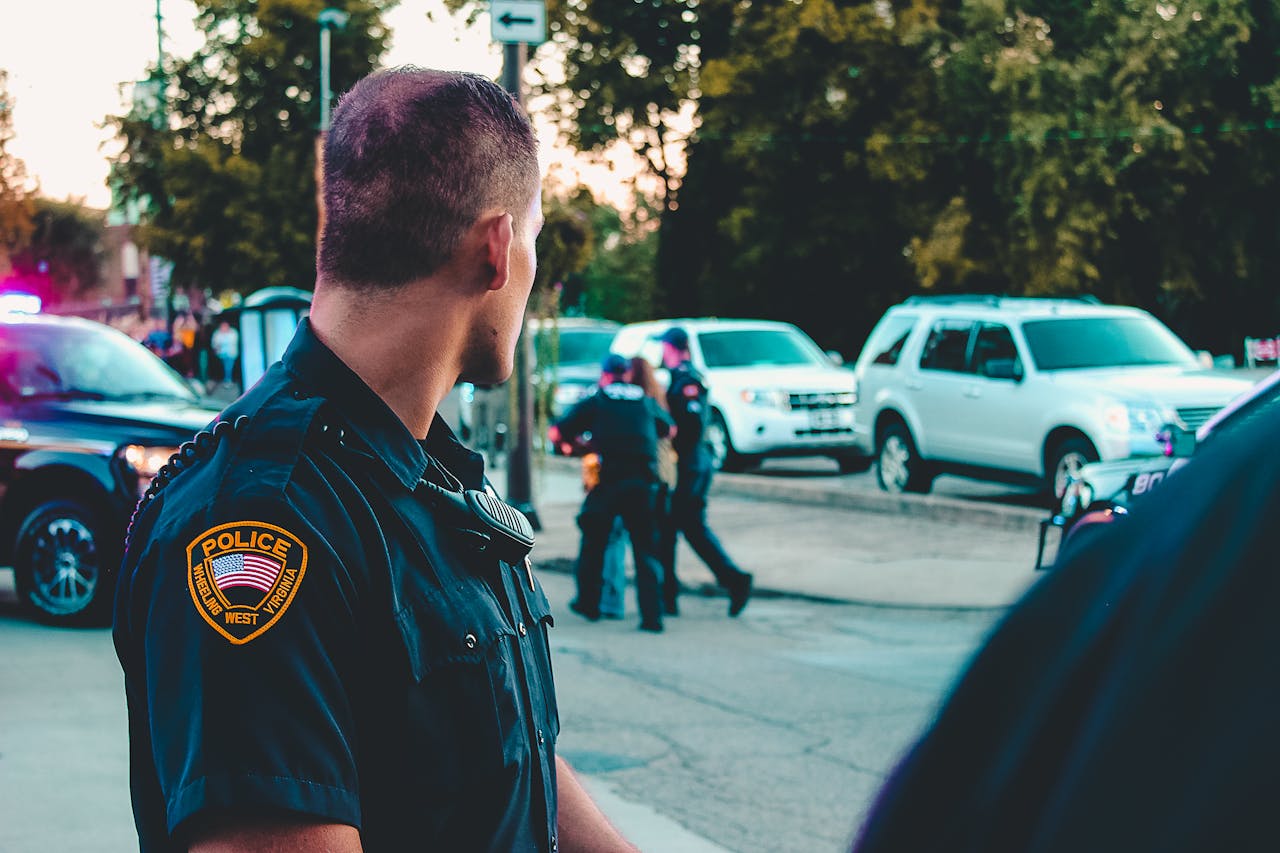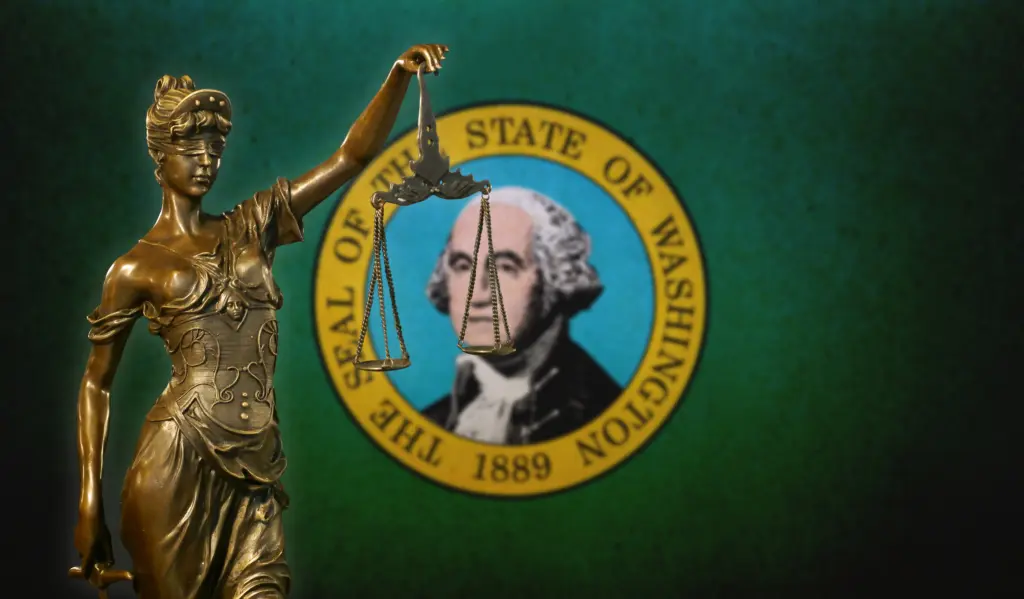TL;DR: Police reports play a key role in car accident claims in California, but they are not the final word on fault. These documents influence insurance decisions and can support or hinder your case. Learn what’s included in a report, how to dispute errors, and why legal help matters.

Why the Police Report Matters
A police report documents key facts about a crash: time, location, weather, driver statements, vehicle damage, and officer observations. Insurance companies use this report to assess liability, but it’s not legally binding. The officer’s conclusion can influence how insurers or a jury view fault, even if it’s incorrect. Citations—tickets for breaking traffic laws—or indications of fault can weigh heavily against a driver.
What’s in a Police Report?
- Date, time, and location of the crash
- Statements from drivers, passengers, and witnesses
- Diagram of the accident scene
- Details about road and weather conditions
- Officer’s narrative and preliminary fault assessment
- Any citations issued
Steps to Take Regarding the Police Report
- Get a Copy: Request the Traffic Collision Report from the responding agency. You’ll need your ID and report number.
- Review for Accuracy: Look for incorrect statements, omitted witness accounts, or flawed diagrams.
- Gather Contradictory Evidence: Photos, video footage, GPS data, and medical records can all support your version of events.
- Submit a Statement of Correction: Many agencies allow you to file an amended statement or letter explaining discrepancies.
- Talk to a Lawyer: An experienced attorney can contact the police, gather stronger evidence, and negotiate with insurers if the report unfairly assigns blame.
Real Case: Fresno Report Dispute Turns $45K Offer into $180K Settlement
In a Fresno T-bone crash, our client was incorrectly listed as the at-fault driver because the officer relied on the other party’s statement. We uncovered traffic cam footage showing our client had the green light. After presenting this to the insurer and disputing the report, the initial $45,000 offer was increased to $180,000—without ever going to court.
Feeling Frustrated About a Faulty Report?
Take a deep breath. Write down your version of what happened while it’s still fresh. You don’t have to face this alone—let a legal team guide you through the process and protect your rights.
FAQs
Is a police report required to file a claim?
No, but it helps. A report can strengthen your case with insurers and courts, even though it’s not mandatory.
Can I get the police report changed?
Officers are not obligated to revise a report, but you can submit a correction statement or new evidence.
What if the officer didn’t issue a citation?
Citations—tickets for breaking traffic laws—aren’t required for you to file a claim or prove fault.
Does the police report decide who’s at fault?
No. The report is one piece of evidence. Insurance companies and courts consider other facts too.
Should I talk to a lawyer about a bad report?
Yes. A lawyer can challenge errors, gather stronger evidence, and protect your rights during the claim process.
Talk to a California Car Accident Lawyer
Learn more about car accident claims or contact West Coast Trial Lawyers for a free consultation. No win, no fee. We’re here to help you every step of the way.
Article by Neama Rahmani, Esq. — President, West Coast Trial Lawyers. California Bar No. 240613. Verify credentials.
This article is for informational purposes only and does not constitute legal advice. Always consult an attorney about your individual case.











































































